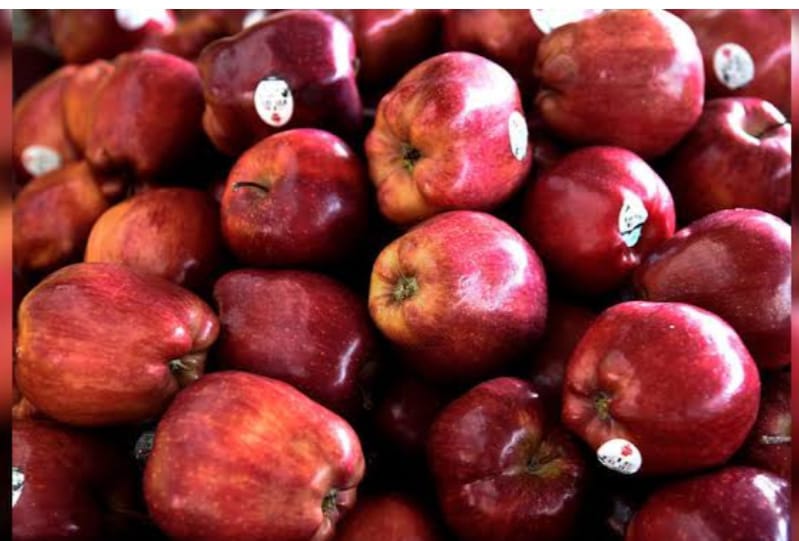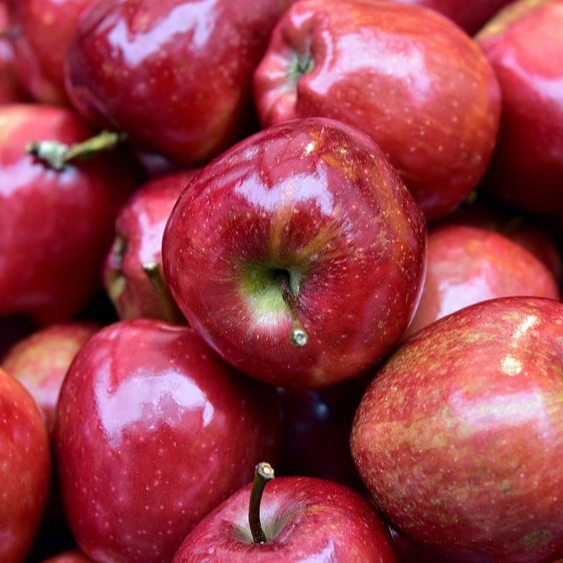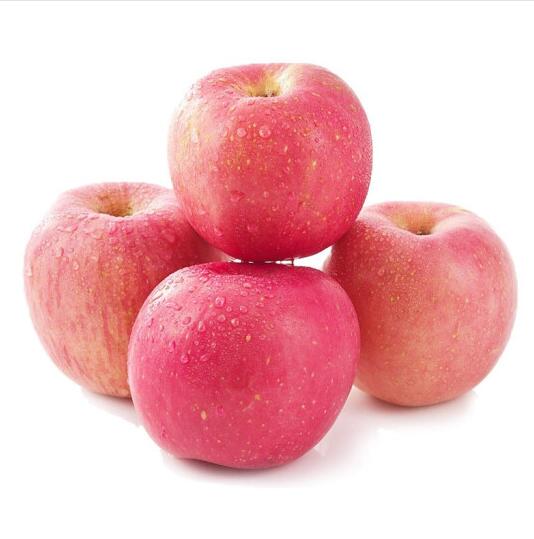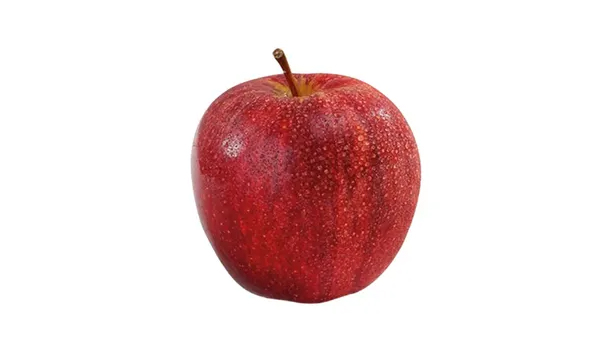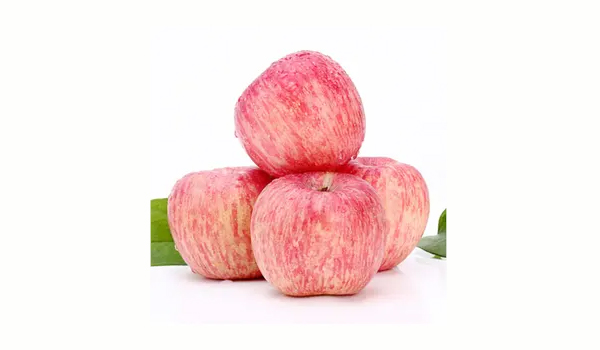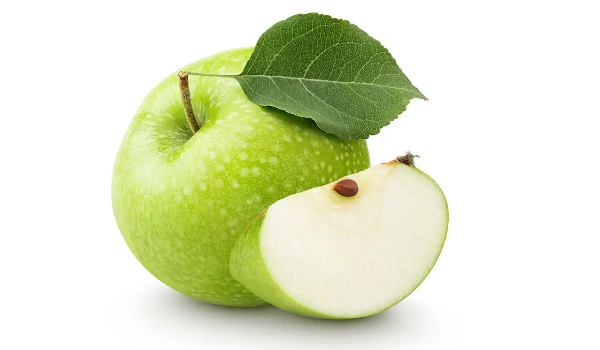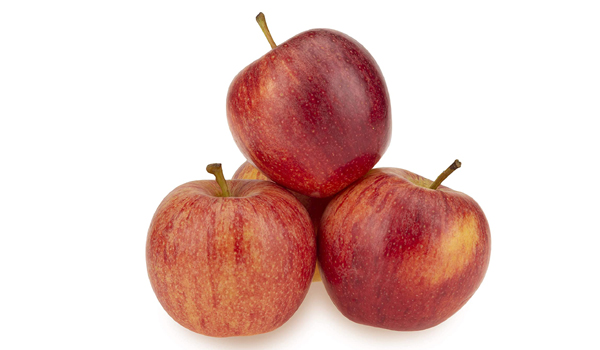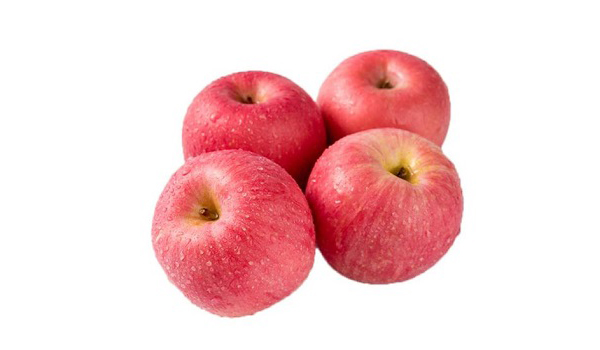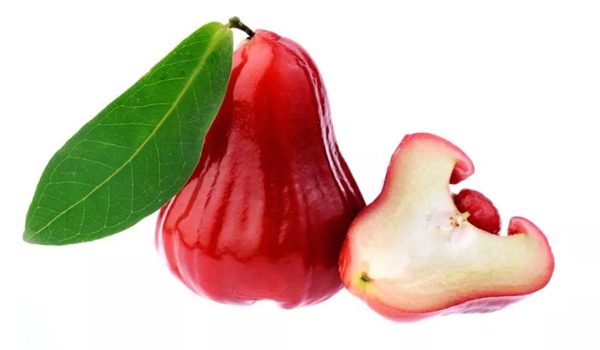Find best Apple Suppliers for all your bulk order needs
We connect buyers to top Apple Suppliers, helping both find the right match for their needs.
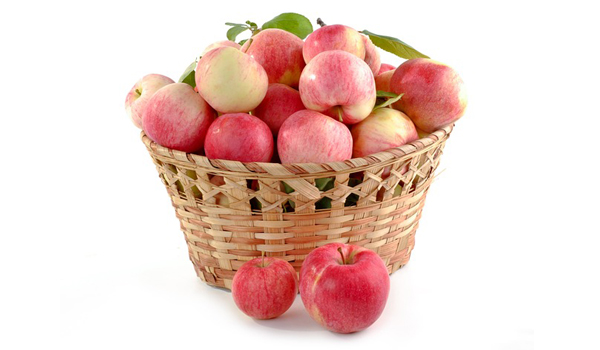
Browse Apple products at wholesale price from the best Apple suppliers
Looking for a supplier of Apple at wholesale prices? Look no further! Post your requirements and get best deals on Apple for your business from multiple Apple suppliers.
Best Quality Indian Fresh Apple
Hakim vegetable and fruit supplier
Farid manjil, Near masijid dharahara ara, Arrah, Bihar, 802301, India
Sweet Fresh Apple Fresh Fruits At Wholesale
Hakim vegetable and fruit supplier
Farid manjil, Near masijid dharahara ara, Arrah, Bihar, 802301, India
Premium Quality Fresh Red Apple
Hakim vegetable and fruit supplier
Farid manjil, Near masijid dharahara ara, Arrah, Bihar, 802301, India
Wholesale Price Fruit Organic Sweet Fresh Fuji Apple
Hakim vegetable and fruit supplier
Farid manjil, Near masijid dharahara ara, Arrah, Bihar, 802301, India
Apple
Explore Apple related category & post requirement to connect with Apple related suppliers for your bulk order needs and get the best deal on high-quality Apple related products at wholesale price.
Apple:
The fruit produced from an apple tree is known as Apple which is edible and is one of the most popular fruits cultivated worldwide. About 95 calories, 1 gram protein, 0 gram fat, 25 grams carbohydrate, 19 grams sugar , and 3 grams fiber can be provided with one serving, or one medium apple. Apples are good source of nutrition and rich in both soluble and insoluble fiber, such as pectin, hemicellulose, and cellulose. Apple helps manage blood sugar levels, digestion, and gut and heart health. There are varieties of apple including Gala, Red Delicious, Honeycrisp, Granny Smith and Fuji. Apples are a good source of vitamin C and fiber and are low in sodium, fat, and cholesterol. Apple has various health benefits. It lowers High Cholesterol and Blood Pressure, helps in digestion, boost immunity, maintains sugar level. It also contains Antioxidants.
Storage of Apple:
Apples can be stored for a few months in controlled atmosphere chambers commercially to delay ethylene-induced ripening. Commonly these are stored in chambers with higher concentrations of carbon dioxide and high air filtration to prevents rising of ethylene concentrations to higher amounts and prevent the ripening of the fruit too quickly.
Most cultivars of apple can be stored for approximately two weeks in home when kept at the coolest part of the refrigerator which is below 5 °C. Some varieties can be stored up to a year without significant degradation. Granny Smith and Fuji varieties of apple have more than 3 times the storage life of others.
Nutritional Value of Apple:
86% of water and 14% of carbohydrates, with negligible content of fat and protein can be provided with a raw apple. 52 calories and a moderate content of dietary fiber is generally provided a reference serving of a raw apple with skin weighing 100 grams. However, the content of micronutrients are low with the Daily Values of all falling below 10%.
Uses of Apple:
- All parts of an apple, including the skin can be consumed. However, the core, that is from stem to bottom containing the seeds, is usually discarded.
- Apples can be consumed as it is, juice, and raw in salads It is used for baking in pies, cooked into sauces and make spreads like apple butter, and other baked dishes.
- Apples and apple products can be preserved by several techniques.
- Apples can be dried, frozen or canned.
- Canned or frozen apples can be baked into pies or other cooked dishes.
- Apple juice or cider is bottled which is often concentrated and frozen.
- Apples are pressed or milled to produce apple juice which may be drunk filtered or unfiltered, called apple cider.
- Filtered juice is generally concentrated and frozen, then reconstituted later to consume.
- Apple juice can be fermented to make cider which is called as hard cider in North America, ciderkin, and vinegar.
- Various alcoholic beverages such as applejack, Calvados, and apfelwein can be produced through distillation.
- Some apple cultivars easily form a puree known as apple sauce when cooked.
- Apples are used as an important ingredient in many desserts, such as apple cake, apple pie, apple crumble, and apple crisp.
Health Benefits of Apple:
- Phytochemicals, particularly polyphenols are present in skins and seeds of apple which have potential health effects. The fiber, vitamin C and antioxidants, like vitamin E, and polyphenols contribute to numerous health benefits of the fruit.
- Apple helps manage your appetite and reduce weight as it is high in fiber and water which provides feeling of fullness.
- Eating whole apple increased feelings of fullness for up to 4 hours longer than consuming equal amounts of apple juice or purée because gastric emptying is reduced with whole apple. So, the rate at which your stomach empties its contents reduces.
- Body Mass Index (BMI), which is a weight-related risk factor for heart disease may significantly reduce by eating apple regularly as the polyphenols in apple may also have anti-obesity effects.
- Apple contain soluble fiber which can help lower your blood cholesterol levels. Polyphenols including the flavonoid epicatechin, may help lower blood pressure. A high intake of flavonoids is linked with a lower risk of stroke. It also helps prevent heart disease by reducing LDL cholesterol oxidation, lowering blood pressure and reducing atherosclerosis, which is the buildup of plaque in your arteries. The risk of stroke decreased by 9% for every 25 grams of apple slices consumed per day
- Eating apples may also reduce the risk of type 2 diabetes because of their high content of the antioxidant polyphenols quercetin and phloridzin. The risk can be reduced by 3% with just one serving per week.
- The anti-inflammatory effects of Quercetin may reduce insulin resistance, which is a big risk factor for the onset of diabetes. Also, the sugar uptake in the intestines can be reduced by phloridzin, contributing to a reduced blood sugar load and thereby reduced diabetes risk.
- Pectin is a type of fiber that acts as a prebiotic is present in apple which feeds your gut microbiota, the good bacteria in your gut. Your gut microbiota plays an essential role in your overall well-being as it is involved in many functions related to both health and disease.
- Pectin reaches your colon intact as dietary fiber cannot be digested and promote the growth of good bacteria. The ratio of Bacteriodetes to Firmicutes especially improves by it. These are the two main types of bacteria in your gut.
- Apples may help protect against chronic diseases like type 2 diabetes, heart disease, obesity and cancer by beneficially altering your gut microbiota.
